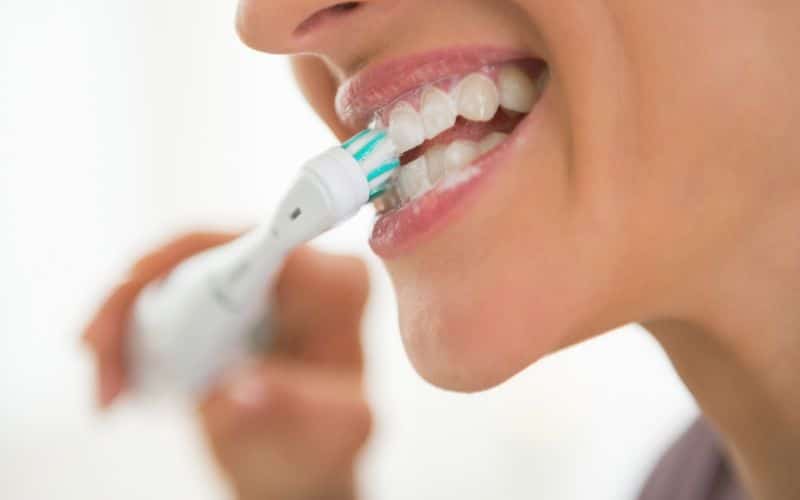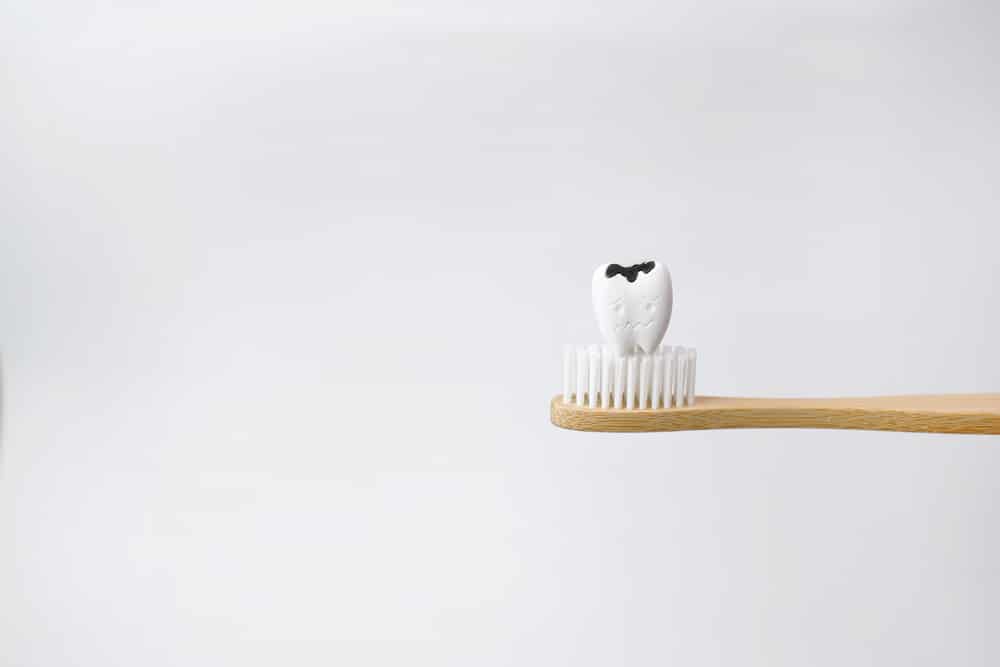Tooth decay is a serious problem that can lead to pain, infection, and tooth loss. It starts with bacteria that convert sugars to acids that attack and destroy the hard enamel of teeth.
If left untreated, a cavity can reach the inner pulp of the tooth and cause a painful dental abscess. Today’s dentists have many ways to fix cavities, but they may need to drill the affected area.
Early Diagnosis
Many dental problems, including cavities, don’t cause pain in the early stages. This is especially true of tooth decay, which begins on the surface of your teeth — the enamel. Plaque and bacteria slowly dissolve enamel, exposing dentin beneath. Over time, this can lead to a hole (cavity) in your tooth that needs to be repaired with a filling.
Tooth decay can be prevented in a few simple ways. The most important thing is to brush and floss your teeth every day, ideally twice a day with fluoride toothpaste or mouthwash. Regular dental checkups (once a year for adults, once a year for kids) can also help catch problems in the early stages. Dentists and dental hygienists can use special instruments to feel for soft spots on your teeth, which are an early sign of tooth decay. They can also take X-rays to show you the inside of your teeth.
If caught in the very early stages of a cavity, your dentist may be able to repair the damage with fluoride treatments like mouthwash or varnish. If the decay has reached the center of your tooth (the pulp), you’ll likely need a root canal treatment or a crown. If the cavity is too severe, your dentist may need to remove the tooth. A good dental team will make sure to give you all the information and options available.
Treatment Options

As bacteria attack a tooth, they create holes in the enamel that eventually reach the pulp. If left untreated, these cavities may worsen and result in a root infection (which causes pain, tooth loss, and possible bloodstream infections).
Dental professionals can reverse cavities at the very early stages by using a fluoride treatment, which is applied as gel, foam, or varnish to the teeth. In addition, a consistent oral hygiene routine including twice-daily brushing and daily flossing can help remove plaque and bacteria that cause cavities. Limiting sugary foods and beverages and eating nutritious meals can also prevent cavities from forming.
If a cavity is caught at the very late stage, the dentist might use a drill to remove the decayed tissue and place a filling to prevent further damage to the tooth. If a cavity is allowed to progress further, the damaged part of the tooth might need to be removed and replaced with a dental implant, crown, or dental bridge.
Only a dental professional can diagnose a cavity, so it is important to see a dentist for regular checkups and cleanings. These appointments enable the dentist to detect and treat any small cavities before they become more serious. A routine dental appointment is also an excellent opportunity for the dentist to educate patients about ways to prevent cavities and other oral health problems.
Preventing Cavities
The best way to prevent cavities is to visit your dentist regularly for checkups and cleanings. This will help ensure that your teeth are free of plaque and tartar, and that any early signs of tooth decay are caught and treated.
If you do have a cavity, your dentist will use a dental drill to remove the rotten part of your tooth and fill it with a special material. The filling will prevent bacteria and food from entering the cavity and causing infection, severe toothache or even tooth loss.
Tooth decay (or cavities) forms when the outer layer of your tooth, called enamel, breaks down due to frequent snacking and sipping sugary drinks. The bacteria in plaque produce acids that attack your enamel, and the stickiness of the plaque keeps these acids in contact with your teeth. This can lead to the destruction of your enamel, and eventually, a hole in your tooth (called a cavity).
Small cavities may not cause any symptoms and will only be discovered through a dental exam or x-rays. However, if they aren’t fixed, they can grow bigger and reach the dentin inside your tooth, where nerves and blood vessels reside. If the bacteria reach this area, you will need a root canal treatment to save your tooth and prevent infections. Regular dental visits and good brushing and flossing habits can help prevent cavities from forming in the first place.
Prevention Tips

Even a small cavity can cause pain and swelling, and it can get worse if you wait to seek care. The key to avoiding cavities is to visit the dentist for routine dental exams on a regular basis. Your dentist can catch decay in its earliest stages, before it has a chance to grow bigger and cause irreversible damage.
Cavities can be prevented by minimizing sugary foods and drinks, brushing and flossing regularly, and rinsing with mouthwash on a daily basis. Also, make sure to drink plenty of water throughout the day, as it will help to wash away bacteria and food particles from your teeth.
Any infant, child, or teen with a toothache should see their dentist right away. If left untreated, a cavity can become infected and lead to severe tooth sensitivity or even a dental abscess. In addition, a cavity that is not treated in its early stages can eventually eat through the enamel of the tooth and reach the nerve, causing pain or discomfort when eating or drinking hot or cold foods and beverages.
The earliest stage of a cavity is very hard to detect, but your dentist will be able to spot the damage and recommend treatment options. The earlier a cavity is caught and treated, the better the outcome will be.


